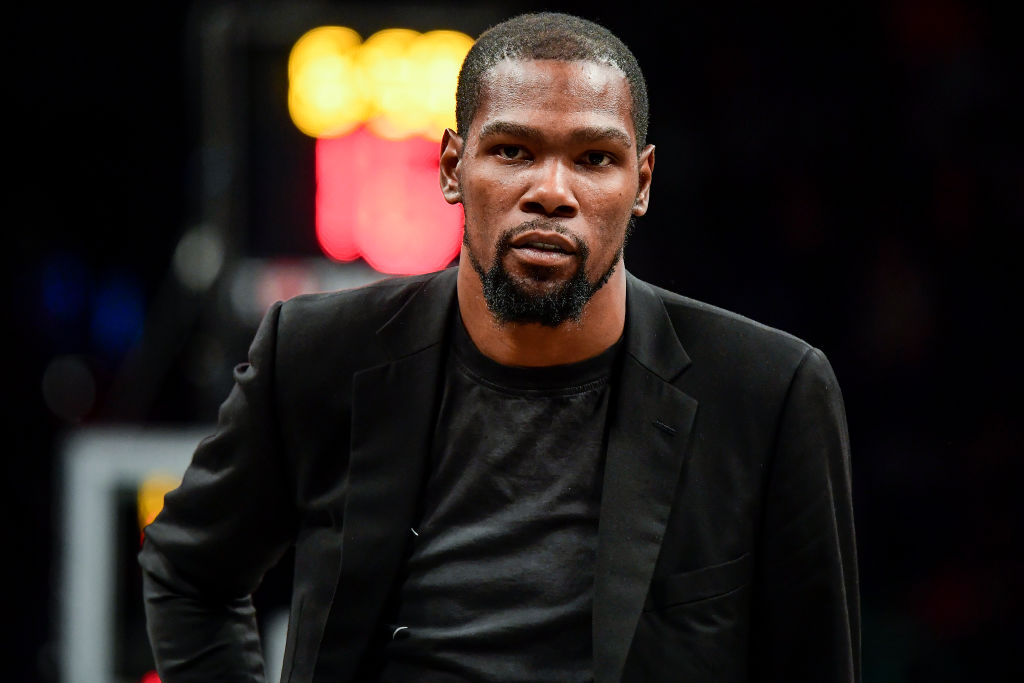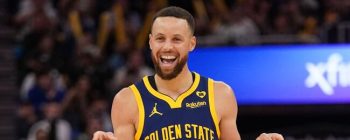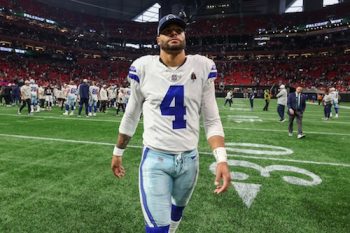NBA
Why Are Athletes Getting Preferential Treatment in the Middle of a Pandemic?

Since the COVID-19 outbreak started in the United States, daily sports headlines have reported one athlete after another getting tested while many in hard-hit areas have no such access to testing. In recent days, there have been reports of MLB players getting elective surgeries when it has been recommended all operations be postponed or cancelled. Why are these athletes getting access to medical testing and surgeries not available to the general public in such a moment of crisis?
Numerous athletes tested for COVID-19
On March 11, the NBA suspended all games after it was learned that Rudy Gobert of the Utah Jazz had tested positive for COVID-19. That evening, players for the Jazz, who were playing the Oklahoma City Thunder, were held in the Chesapeake Energy Arena past midnight so medical officials could perform testing on each player.
In the days that followed, there were reports about numerous athletes getting tested even when they didn’t have a fever and showed no symptoms. Among the more notable instances, all players on the Brooklyn Nets basketball team received tests from a private lab. Several days later the organization announced that four of its players, including superstar Kevin Durant tested positive.
Each new announcement has raised concerns about preferential treatment, and the inequalities within the American health care system. New York Mayor Bill de Blasio took to Twitter and expressed his objections to the special treatment for wealthy athletes.
Unfortunately, testing is just one area the coronavirus has exposed the differences between the haves and the have-nots.
Athletes getting elective surgery
On March 13, the American College of Surgeons recommended all elective surgeries be postponed or canceled due to the growing pandemic. The U.S. Surgeon General echoed the call the next day, and in the subsequent weeks, other organizations have called for the same.
Since those announcements, multiple pitchers, including Chris Sale of the Boston Red Sox and Noah Syndergaard of the New York Mets, have undergone Tommy John surgeries. While not illegal, because the surgical postponements were solely recommendations, it falls in a similar category with the same issue as the coronavirus testing. The same rules don’t appear to apply to the athletes. They get special treatment.
David Magnus, a professor of medicine and biomedical ethics at Stanford and the former chair of the ethics committee for Stanford Hospital, told Sports Illustrated the decision by players to undergo elective surgeries is wrong.
David Magnus, professor of medicine and biomedical ethics at Stanford
“At the present time, I don’t think there’s even a question that it would be inappropriate and should not be done in any areas that are hit hard by COVID. And I think it’s arguably a bad idea to do anywhere right now…. Even in areas where there have been no reported cases, or very few, and it hasn’t spread yet, that’s changing by the hour. Maybe right at this moment, they don’t need the space or the personnel that would be involved in the procedure, but that can change so rapidly that I think it would be an irresponsible use of resources. Nobody should be doing this.”
With more experts like Magnus speaking out, the hope is that those in the medical profession will use better judgment in performing elective surgeries and the athletes will stop putting doctors in that awkward position in the first place. In all these cases, surgery can wait.
Backlash leading to changes
With the cry growing louder on social media for athletes to stop asking for special treatment, world-renowned orthopedic surgeon Dr. James Andrews, who has performed numerous Tommy John surgeries, announced he was halting non-essential operations.
“We are not performing any non-urgent or non-emergent procedures, including Tommy John surgery, in compliance with the governor’s executive order,” a spokesperson for the Andrews Institute for Orthopaedics and Sports Medicine in Florida wrote. ”We are adhering to these restrictions and all such cases are suspended at this time.”
With the decision of Andrews, who is one of the most well-respected orthopedic surgeons in sports, could this be a transitional moment where other doctors follow suit? More significantly, will the athletes stop asking for the surgeries that can wait?
At this unprecedented moment in our country’s history, let’s hope the athletes decide to be true team players by stepping aside and allowing those who need the testing and surgeries the most move to the front of the line and receive them.











